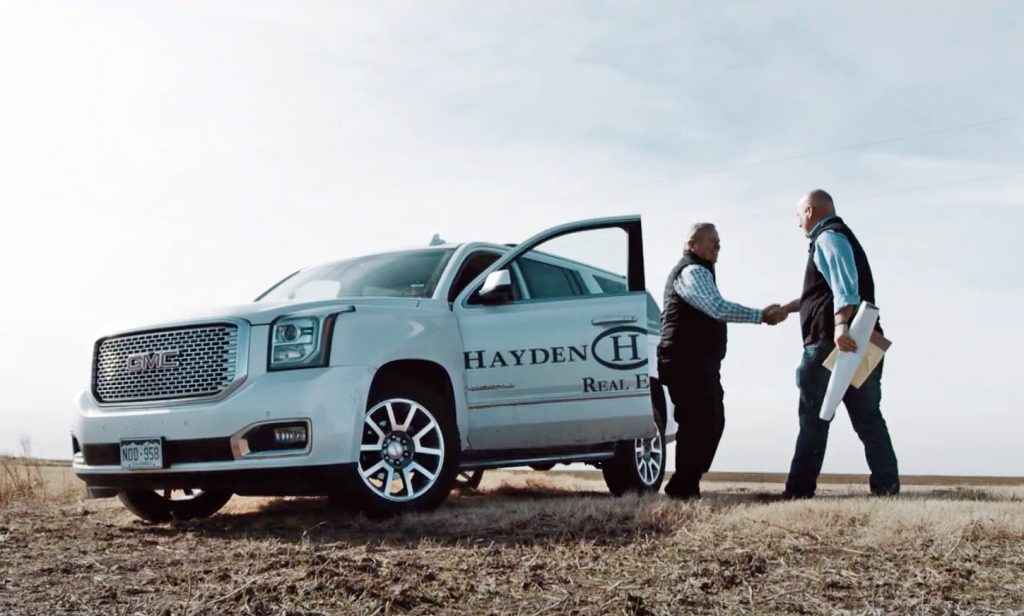
Sign in
Sign in to save favorite properties and equipment, save your search parameters and more
Don’t have an account yet? Sign Up Now
Sign up
Already have an account? Login Now


Sign in
Sign in to save favorite properties and equipment, save your search parameters and more
Don’t have an account yet? Sign Up Now
Sign up
Already have an account? Login Now
Wide-open spaces might be the hottest commodity out there in today’s market. And it’s easy to see why. Standing on an untouched building site on acres of your own vacant land, with surrounding sunsets or forests or starry night skies, it’s easy to envision exactly what your dream home could be. Of course, there is plenty to consider before you make the big commitment to buy vacant land, and then potentially build on or otherwise develop that land. Let’s explore a few of the pros and cons of investing in undeveloped land.
Think of vacant land or undeveloped land as a completely blank palette – it’s simply the land in its most untouched or natural state with no existing infrastructure. It’s never been used for farming or ranching. There are no roads leading in or out. Just the land. For years, many buyers disregarded raw land for investment purposes considering it too daunting a task. However, that mentality has shifted as real estate investing has become increasingly popular and many are leaving urban centers for more peaceful existences in rural areas.
While the beauty and freedom of buying undeveloped land can be strong attractants, there are a variety of factors to consider to avoid unintended challenges and heartache if things don’t play out as planned. Let’s take a look at the pros and cons.
Like any major real estate transaction or investment, it’s important to weigh both sides of the coin. Here are some very important considerations that can complicate a undeveloped land purchase:
As mentioned above, financing undeveloped land can be a little more complicated than a simple home loan. That said, there are some powerful and comprehensive resources available for those interested in purchasing vacant land. If you’re considering buying undeveloped land for a specific purpose, make sure to explore these organizations:
Perhaps the most important thing to do before you buy undeveloped land is to give your dream property a good, hard look. Work with your real estate professional to better understand the pros and cons, opportunities, and obstacles that undeveloped land might present. Doing so will help you understand what might be involved in making the investment viable, including:

Vacant or undeveloped land really is one of the last great possibilities of our time, offering potential buyers everything from an investment opportunity to the perfect place for your dream home. Talk with your land real estate professional today to learn more about vacant land available near you, and what it might take to buy and then build.